Everything about the Peerwallet voucher, how to buy and how to redeem.
Monday 10th of June 2024
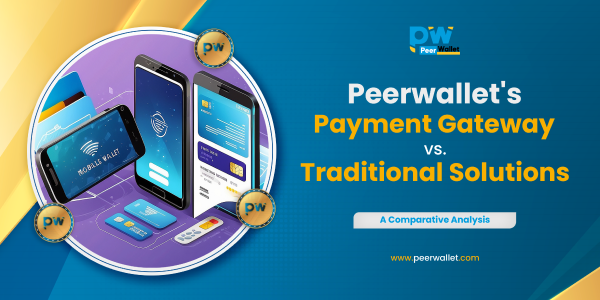
In the realm of e-commerce and online transactions, payment gateways stand as the indispensable conduits that enable secure and efficient monetary exchanges between buyers and sellers. Traditionally, these gateways have been associated with centralized systems, but with advancements in technology, the landscape is evolving. Peerwallet emerges as a standout player, offering a semi-decentralized approach to payment processing. In this article, we’ll delve into a comparative analysis between Peerwallet’s Payment Gateway and traditional solutions, exploring key areas where Peerwallet holds a distinct advantage.
Understanding Payment Gateways
Before we dive into the comparison, let’s establish a foundational understanding of payment gateways. Essentially, a payment gateway serves as the digital counterpart to a physical point-of-sale terminal, facilitating the authorization and transfer of funds for e-commerce transactions. Key features of payment gateways include encryption for data security, real-time transaction authorization, and cost-effectiveness through reduced manual processing.
Understanding Traditional solutions
Traditional solutions refer to established or conventional methods, systems, or practices that have been in use for a significant period. In the context of payment processing and financial transactions, traditional solutions typically involve legacy systems, such as physical cash, checks, and traditional banking services, as well as older forms of electronic payment processing like credit card terminals and bank transfers.
Here are some examples of traditional payment solutions:
1. Cash: Physical currency, such as coins and banknotes, has been a traditional means of conducting transactions for centuries. Cash transactions involve the exchange of physical money between parties.
2. Credit Card Terminals: Credit card terminals are physical devices used by vendors to accept payments via credit or debit cards. These terminals read the information encoded in the magnetic stripe or chip of the card and process transactions through the cardholder’s bank.
3. Bank Transfers: Bank transfers involve the electronic transfer of funds from one bank account to another. This method is commonly used for large transactions, such as paying bills, making deposits, or transferring funds between accounts.
4. Payment Processors: Traditional payment processors, such as banks and financial institutions, facilitate electronic transactions between vendors and customers. These processors handle tasks like authorizing transactions, transferring funds, and settling payments.
Limitations of Traditional Solutions
Traditional payment solutions, while having served as the backbone of financial transactions for decades, come with several limitations that have become more apparent in today’s rapidly evolving digital landscape. Some of the key limitations of traditional payment solutions include:
2. Security Concerns: Traditional payment methods are susceptible to various security risks, such as theft, counterfeit currency, and check fraud. Cash transactions, in particular, are vulnerable to theft and loss. Checks can be forged or altered, leading to unauthorized withdrawals from bank accounts.
3. Slow Processing Times: Transactions conducted using traditional payment methods often require manual processing and may take several days to clear. For example, checks may need to be physically deposited and processed by banks, resulting in delays before funds are available to the recipient.
4. Higher Transaction Costs: Traditional payment solutions can be costly for both consumers and businesses. Banks may charge fees for services like check processing, wire transfers, and overdrafts. Vendors may incur transaction fees and processing fees when accepting credit or debit card payments.
5. Limited Flexibility: Traditional payment methods offer limited flexibility in terms of payment options and currency support. For example, cash transactions are restricted to physical currency denominations, while checks may only be accepted by certain vendors. Additionally, international transactions using traditional methods may involve currency conversion fees and exchange rate fluctuations.
Peerwallet Payment Gateway: A Paradigm Shift
Peerwallet represents a paradigm shift in the realm of payment gateways, offering a vendor-based, semi-decentralized system. This approach ensures that only verified and approved vendors can offer financial services, thereby enhancing security and reliability for users. Peerwallet caters to businesses and consumers engaged in frequent online transactions, providing a safe and efficient platform for managing finances.
Payment Options Offered by Peerwallet
Peerwallet’s comprehensive payment options cater to diverse user preferences and business needs. Whether it’s credit cards, cryptocurrencies, remittance, internet banking. Peerwallet ensures flexibility and convenience for both vendors and customers.
Why Choose Peerwallet Payment Gateway Over Traditional Solutions
In the digital age, where convenience, security, and versatility are paramount in online transactions, Peerwallet Payment Gateway emerges as a superior choice over traditional solutions. Here’s why:
1. Seamless Integration:
Traditional payment gateways often entail complex integration processes, requiring technical expertise and time-consuming setup. In contrast, Peerwallet offers seamless integration options, with easy-to-follow documentation and developer-friendly APIs. This simplicity ensures that businesses can quickly integrate Peerwallet into their websites or applications, reducing downtime and accelerating time to market.
2. Enhanced Security:
Security breaches and data theft are constant concerns in the digital realm. Peerwallet addresses these issues with state-of-the-art security measures, including encryption protocols, two-factor authentication, and fraud detection algorithms. By prioritizing user data protection, Peerwallet instills confidence in both vendors and customers, mitigating the risks associated with online transactions.
3. Diverse Payment Methods:
While traditional payment gateways may support only a limited range of payment methods, Peerwallet stands out for its versatility. With multiple payment methods available, including credit/debit cards, cryptocurrencies, and virtual cards, Peerwallet caters to diverse consumer preferences worldwide. This flexibility ensures that businesses can accommodate a broad spectrum of payment options, appealing to a wider customer base.
5. Global Accessibility:
Expanding into new markets requires payment solutions that can adapt to different currencies, languages, and regulations. Peerwallet’s global accessibility sets it apart from traditional solutions by offering multi-currency support and localization options. Whether conducting transactions domestically or internationally, businesses can leverage Peerwallet’s infrastructure to navigate diverse markets seamlessly.
Conclusion
In conclusion, Peerwallet’s Payment Gateway stands out as a modern, efficient, and versatile solution for businesses operating in the digital landscape. Its semi-decentralized model, coupled with robust security features, seamless integration capabilities, and wide-ranging payment options, positions it as a frontrunner in the realm of payment gateways. Whether for international transactions, or traditional e-commerce, Peerwallet offers a compelling alternative to traditional solutions, paving the way for a more secure, efficient, and inclusive financial ecosystem.

Monday 10th of June 2024

Monday 22nd of April 2024

Monday 22nd of April 2024

Monday 22nd of April 2024

Monday 22nd of April 2024

Monday 22nd of April 2024

Monday 22nd of April 2024

Monday 22nd of April 2024

Monday 22nd of April 2024

Monday 22nd of April 2024

Monday 22nd of April 2024

Monday 22nd of April 2024

Monday 22nd of April 2024

Monday 22nd of April 2024

Monday 22nd of April 2024

Monday 22nd of April 2024

Monday 22nd of April 2024

Monday 22nd of April 2024

Monday 22nd of April 2024

Monday 22nd of April 2024

Monday 22nd of April 2024

Monday 22nd of April 2024

Monday 22nd of April 2024

Monday 22nd of April 2024

Monday 22nd of April 2024

Monday 22nd of April 2024

Monday 22nd of April 2024

Monday 22nd of April 2024

Monday 22nd of April 2024

Monday 22nd of April 2024

Monday 22nd of April 2024

Monday 22nd of April 2024

Monday 22nd of April 2024


Monday 22nd of April 2024

Monday 22nd of April 2024

Monday 22nd of April 2024
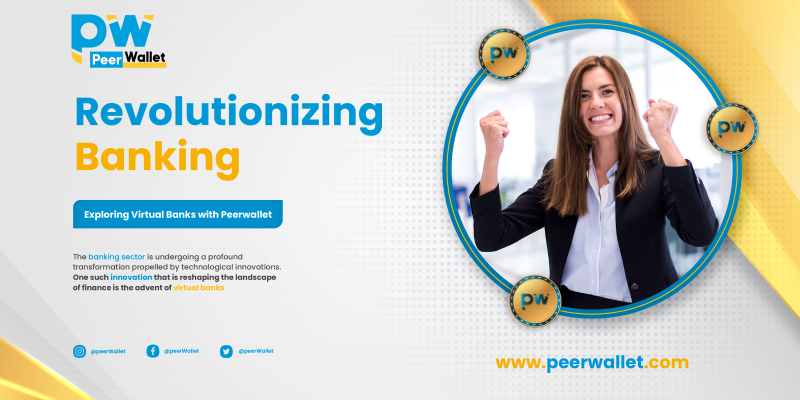
Monday 22nd of April 2024
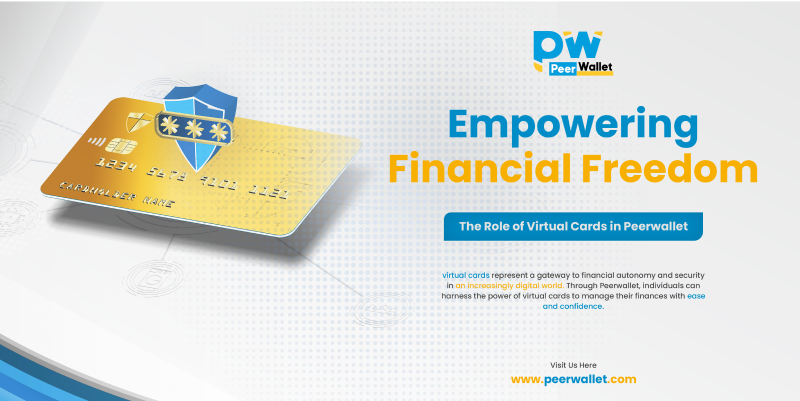
Monday 22nd of April 2024
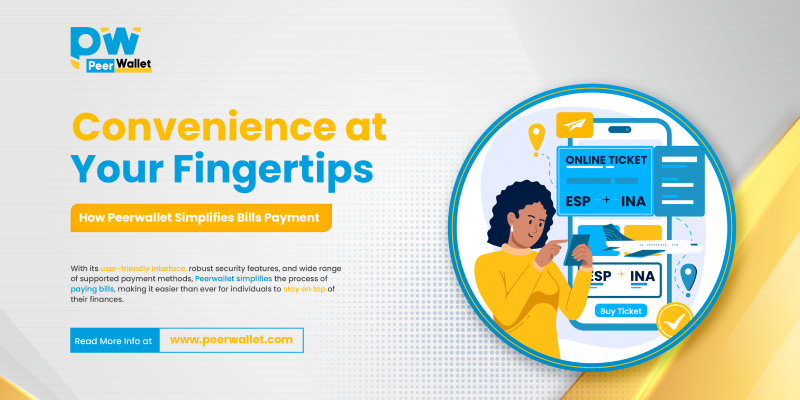
Monday 22nd of April 2024
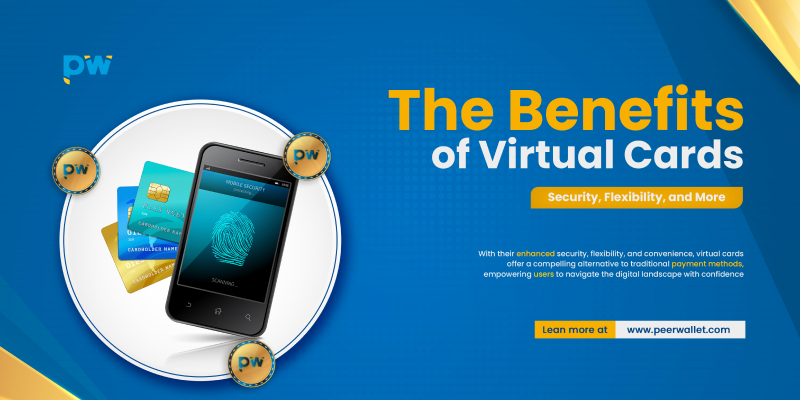
Monday 22nd of April 2024

Monday 22nd of April 2024

Friday 20th of October 2023

Friday 20th of October 2023

Thursday 1st of December 2022

Thursday 1st of December 2022

Thursday 1st of December 2022

Thursday 1st of December 2022

Thursday 1st of December 2022

Thursday 1st of December 2022

Thursday 1st of December 2022

Thursday 1st of December 2022

Thursday 1st of December 2022

Thursday 17th of November 2022

Wednesday 2nd of November 2022

Wednesday 2nd of November 2022

Wednesday 2nd of November 2022

Wednesday 2nd of November 2022

Wednesday 2nd of November 2022

Wednesday 2nd of November 2022

Wednesday 2nd of November 2022

Wednesday 2nd of November 2022

Wednesday 2nd of November 2022

Tuesday 11th of October 2022

Tuesday 11th of October 2022

Tuesday 11th of October 2022

Monday 10th of October 2022